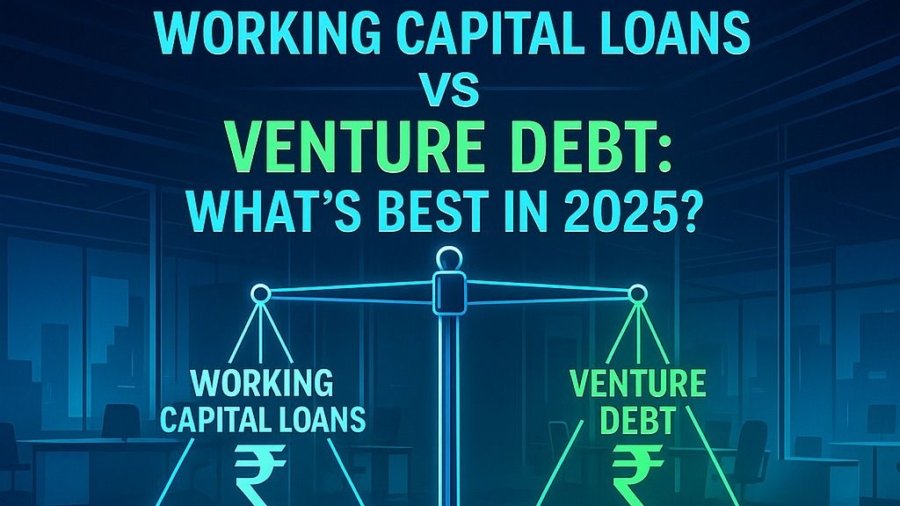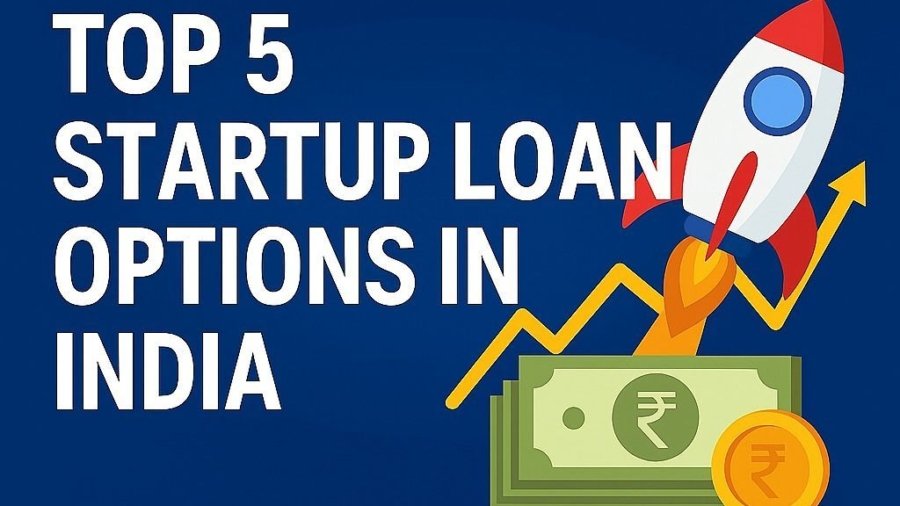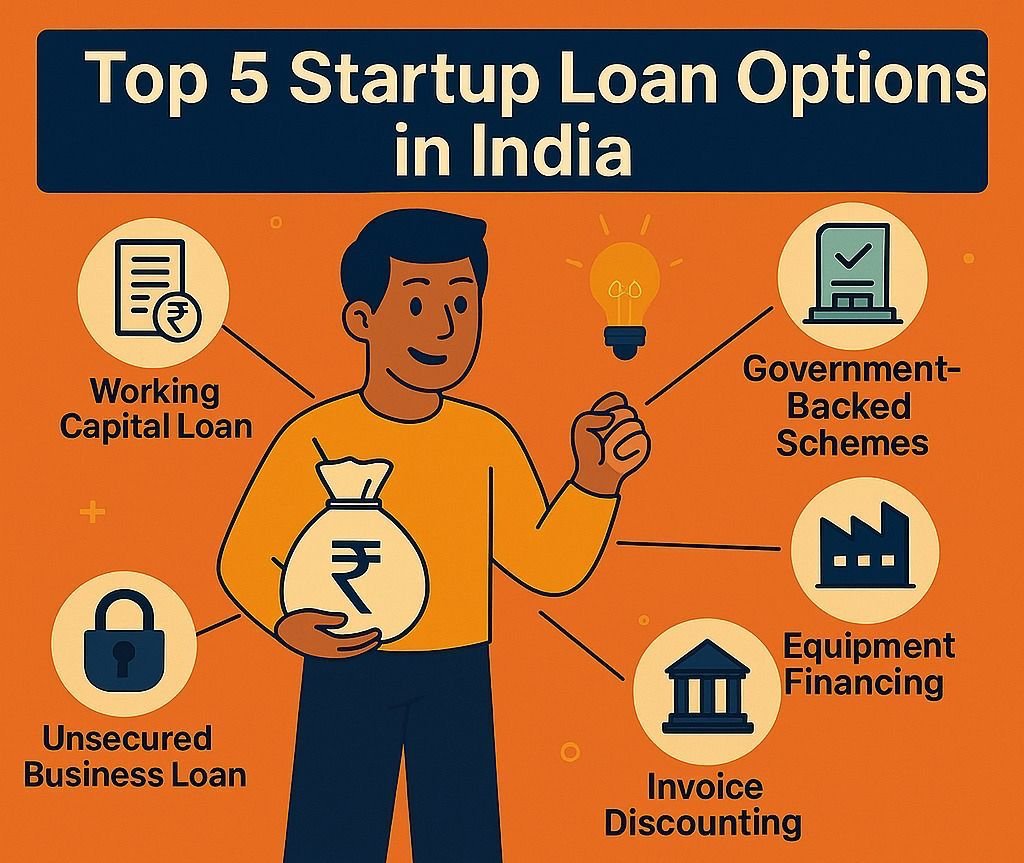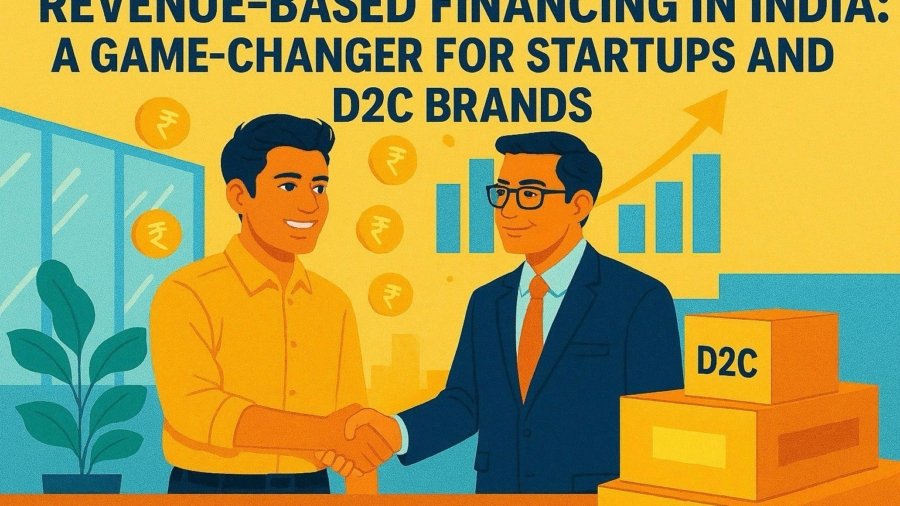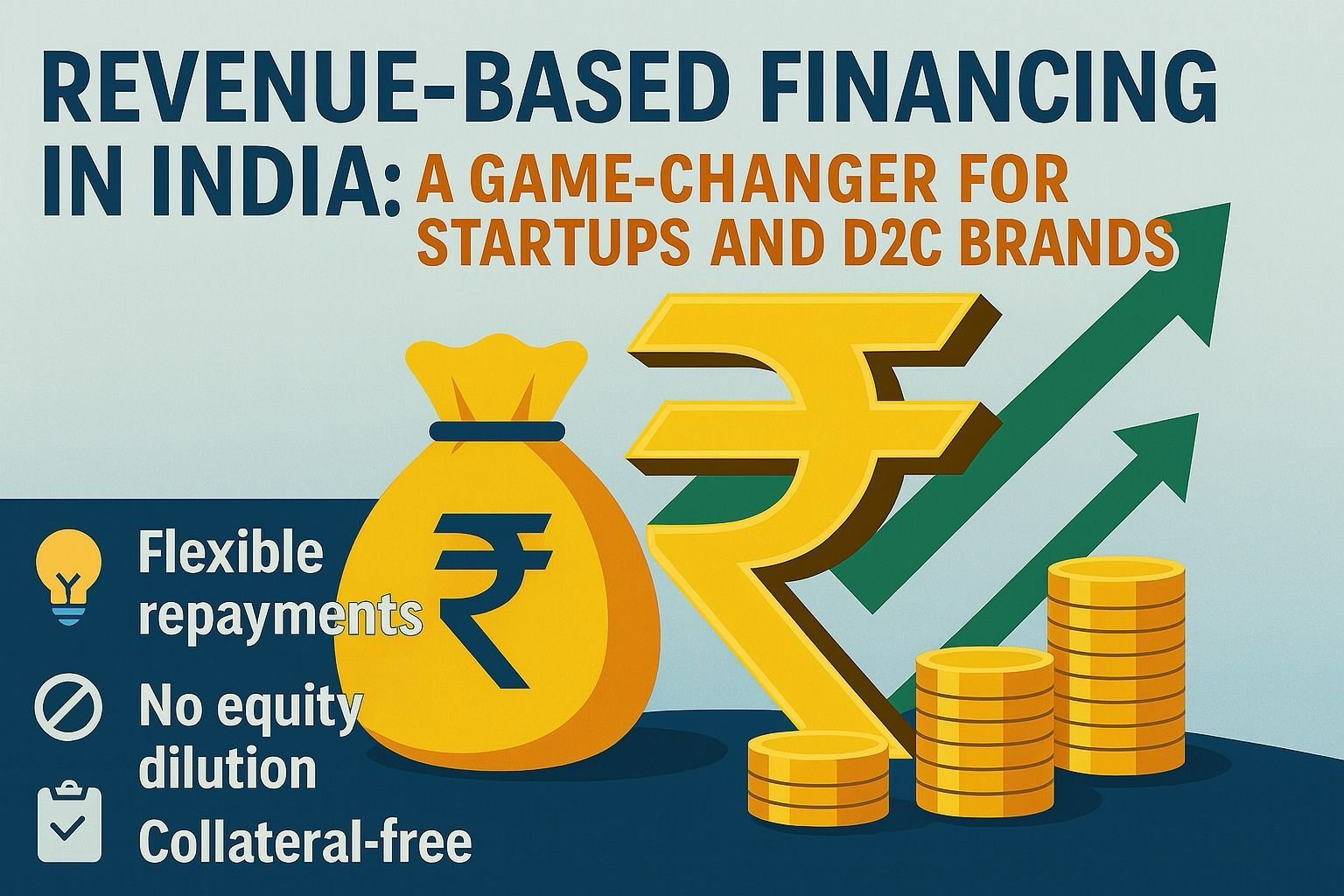The Indian startup ecosystem raised over $11.3 billion in 2024, but equity funding comes with significant dilution. Smart entrepreneurs are exploring debt financing to fuel growth while retaining ownership. The key question: working capital loans or venture debt?
Let’s decode which financing option serves your startup better in 2025. 💡
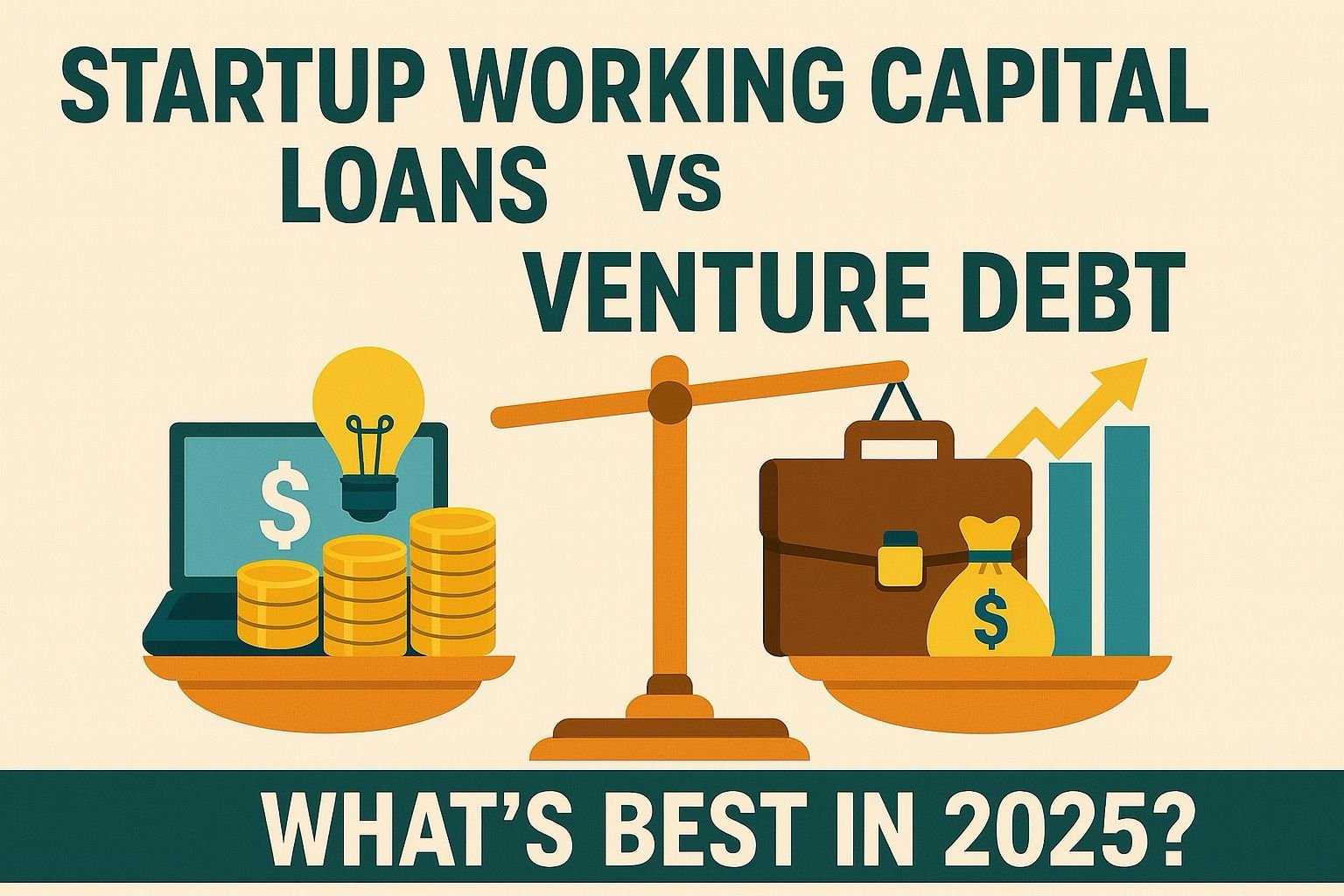
Startup Working Capital Loans: Quick Liquidity Solution 💰
What Are They?
Working capital loans provide immediate cash flow for day-to-day operations—inventory, salaries, rent, and supplier payments.
Key Features 2025:
- Amount: ₹5 lakhs to ₹10 crores
- Interest: 14-24% per annum
- Tenure: 12-36 months
- Approval: 48-72 hours
- Collateral: Usually unsecured
Best For:
- Revenue-generating startups (₹50L+ annually)
- Immediate cash flow needs
- Quick deployment requirements
- Avoiding equity dilution
Venture Debt: Strategic Growth Capital 📊
What Is It?
Specialized financing for VC-backed startups requiring significant growth capital.
Key Features 2025:
- Amount: ₹2 crores to ₹100 crores
- Interest: 12-18% per annum
- Tenure: 24-48 months
- Approval: 2-4 weeks
- Equity Impact: Minimal (1-5% warrants)
Best For:
- VC-backed companies
- Post-Series A/B startups
- Major expansion plans
- Asset-heavy businesses
Startup Working Capital Loan vs Venture Debt: Quick Comparison Table
Factor | Working Capital | Venture Debt |
Eligibility | Revenue-positive | VC-backed |
Amount | ₹5L – ₹10Cr | ₹2Cr – ₹100Cr |
Speed | 2-3 days | 2-4 weeks |
Use Case | Operations | Growth/Expansion |
When Should You Choose a Working Capital Loan?🎯
Choose If You Need:
- Immediate cash (within 72 hours)
- Operational funding
- Bridge financing between rounds
- Simple approval process
When Should You Opt for Venture Debt? 📈
Choose If You Have:
- VC backing
- Growth expansion plans
- 24+ months runway requirement
- Asset-heavy business model
A Decision Framework to Choose the Right Debt Instrument in 2025 🔍
Stage Assessment:
- Early Revenue: Working capital loans
- Post-Series A/B: Consider venture debt
- High-growth: Hybrid approach possible
Purpose Evaluation:
- Cash flow/Operations: Working capital
- Growth/Expansion: Venture debt
- Emergency funding: Working capital
Timeline Consideration:
- Immediate (1-3 days): Working capital
- Planned (2-4 weeks): Venture debt
Why Partner with Anupam Finserv? 🤝
Startup Debt Expertise
- ₹500+ crores facilitated in startup financing
- 200+ startups successfully funded
- 95% client satisfaction rating
- 48-hour average approval time
Tailored Solutions
Working Capital Loans:
- Rates from 14%
- Flexible repayment options
- Quick 48-hour approval
- Minimal documentation
Venture Debt Support:
- Strategic lender partnerships
- Favorable term negotiations
- End-to-end process management
- Post-funding support
Value-Added Services
- Financial planning consultation
- Cash flow optimization
- Growth strategy advisory
- Investor readiness support
2025 Trends in Startup Debt Financing 🌟
Emerging Opportunities:
- Revenue-based financing for SaaS startups
- AI-driven approvals reducing timelines
- Flexible repayment models gaining traction
- Sector-specific products launching
Expert Tips for Indian Startups Exploring Debt Options💡
Early-Stage Startups:
- Start with working capital for immediate needs
- Build credit history
- Maintain 6-month runway minimum
Growth-Stage Startups:
- Time venture debt with equity rounds
- Negotiate favorable warrant terms
- Maintain strong unit economics
Universal Best Practices:
- Plan funding 6 months ahead
- Diversify financing sources
- Maintain transparent reporting
- Build multiple lender relationships
Making Your Choice 🎯
Choose Working Capital If:
- You need funds within 48 hours
- Revenue is ₹50L+ annually
- Purpose is operational
- You want simple processes
Choose Venture Debt If:
- You’re VC-backed
- Need ₹2Cr+ for expansion
- Have 2+ years runway needs
- Growth is your priority
Ready to Choose the Right Debt Partner? Let Anupam Finserv Help 🚀
Don’t let funding constraints limit your 2025 growth potential. Whether you need quick working capital or strategic venture debt, choosing the right debt partner is crucial.
Anupam Finserv specializes in startup debt solutions that preserve your equity while accelerating growth.
📞 Get Expert Consultation Today
- Customized debt strategy
- Competitive rates and terms
- Fast approval process
- Dedicated relationship management
Contact Anupam Finserv now and transform your startup’s financing strategy for 2025 success!
Your growth partner for strategic debt financing solutions.
FAQs for Startup Working Capital Loan vs Venture Debt
1️⃣ What is venture debt vs working capital loan for startups?
Venture debt funds growth for VC-backed startups; working capital loans cover daily expenses fast.
2️⃣ Who should take a working capital loan in India?
Revenue-positive startups needing quick cash for operations should choose working capital loans.
3️⃣ When should a startup use venture debt?
Post-Series A/B startups needing ₹2Cr+ for expansion with minimal equity dilution should use venture debt.
4️⃣ How fast is working capital loan approval?
Get working capital loan approval in just 48-72 hours.
5️⃣ Why choose Anupam Finserv for startup funding?
Fast approvals, flexible terms, and zero equity dilution make Anupam Finserv ideal for startup debt.

